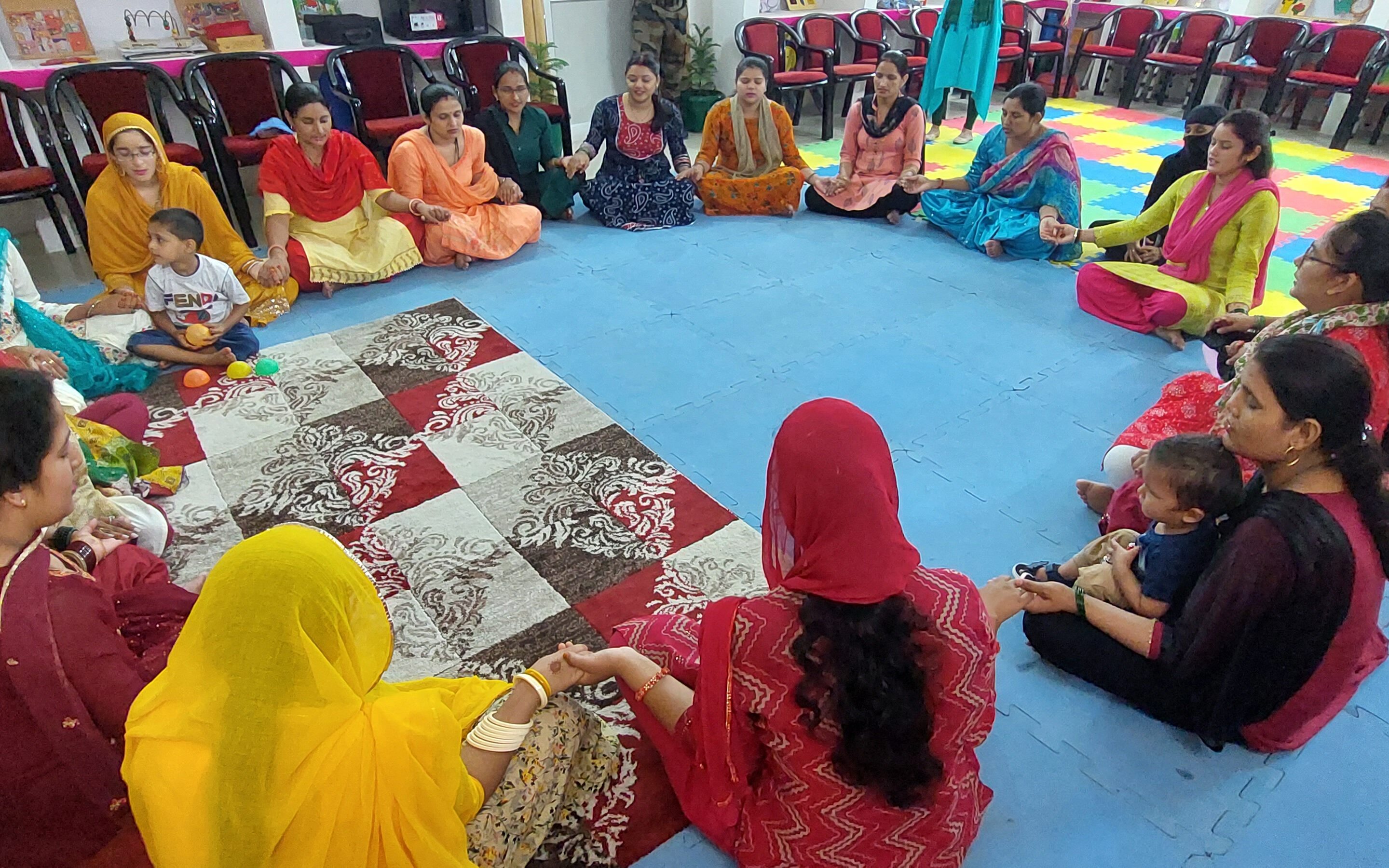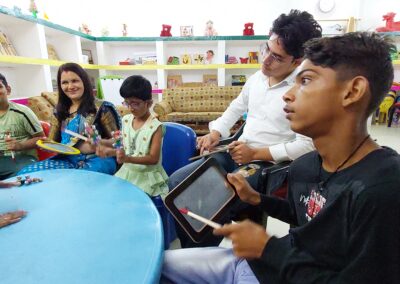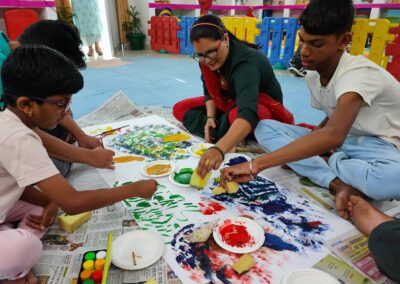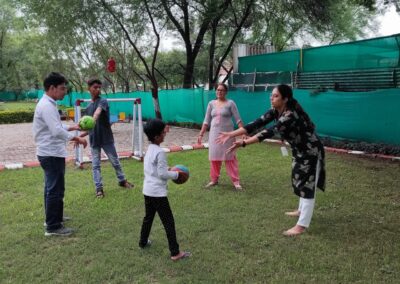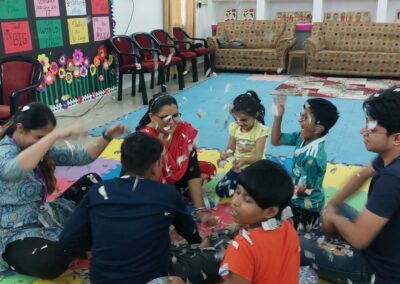When we think of the Army, we think of a situation with the narrowest margin of error. When we think of the Army, we think of regimentation and a strict chain of command.
When we think of the Army, we think of nation over discrimination.
When we think of the Army, we think of lives being saved in the most gruelling of circumstances.
When we think of the Arts, we think of the widest margin of error for interpretation and subjectivity override precision and methods.
When we think of the Arts, we think of freedom and an egalitarian approach to collaboration.
When we think of the Arts, we think of the world over discrimination.
When we think of the Arts, we think of lives being saved thanks to timely intervention.
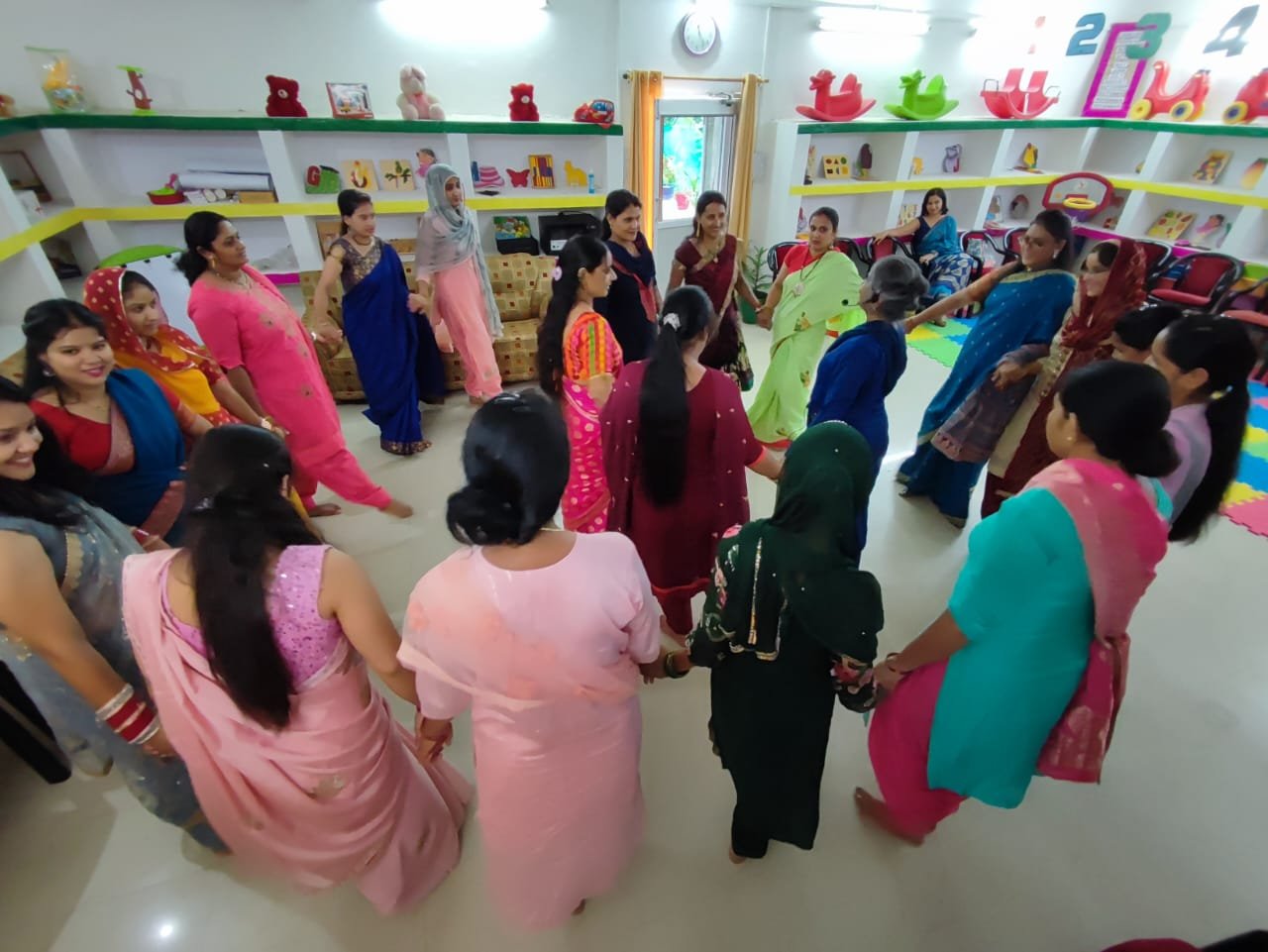
On the surface, the defence way of life and the Snehadhara Foundation raison d’etre may seem as dissimilar as chalk and cheese. But the fact that they both work tirelessly towards making our lives better and safer, and espouse the very fundamentals of inclusion, the two function as opposite ends of the scales. Maintaining that equilibrium isn’t easy because both have a very different idea of freedom. The balance, though, lies in understanding that the arts can survive where few others can. Just like our jawans who withstand every pressure test (natural and otherwise) to keep their word to their country.
The women, who hold the fort while their husbands fight at borders, are no less formidable. To live a life not knowing when they can receive news of tragedy and to raise children almost singlehandedly and seldom have careers of their own, can’t possibly be easy. In all of this, they’re also programmed to recognise that the husband’s sacrifice (in terms of time and presence) will always be held superior to their everyday sacrifices, is a harsh reality that constantly undermines their existence.
The Arts, thankfully, provide an opportunity to open conversations and reflections about their relationships with themselves. And we at Snehadhara Foundation know how effectively the Arts can be used as a form of self-expression and learning. Reaching out to the child within or the carefree spirit that was shoved away for the demureness that the role expects, helps them rediscover their own sense of self. Through music, dance, theatre and visual arts sessions, we create a safe space to have discussions on identity and a life of purpose.
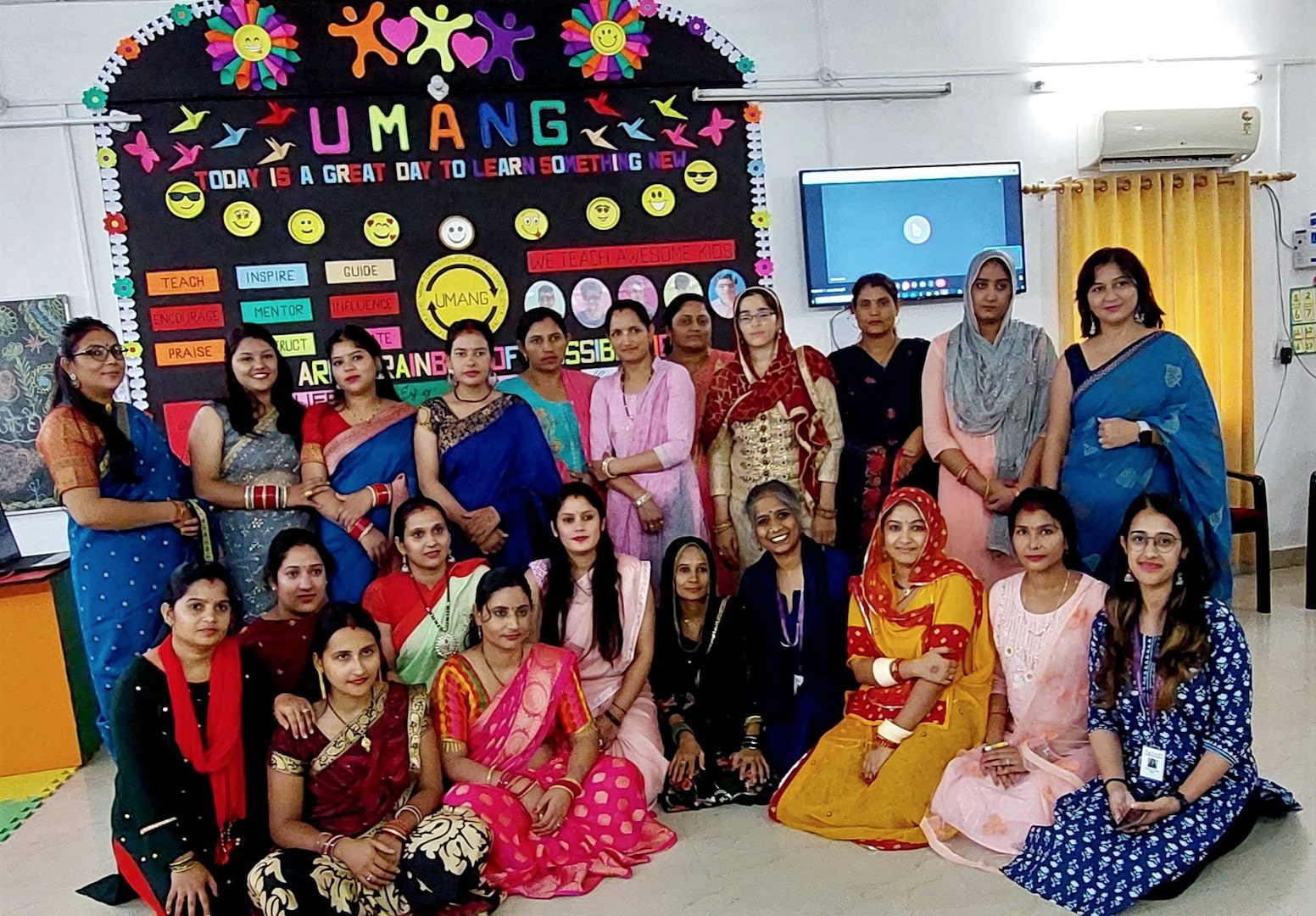
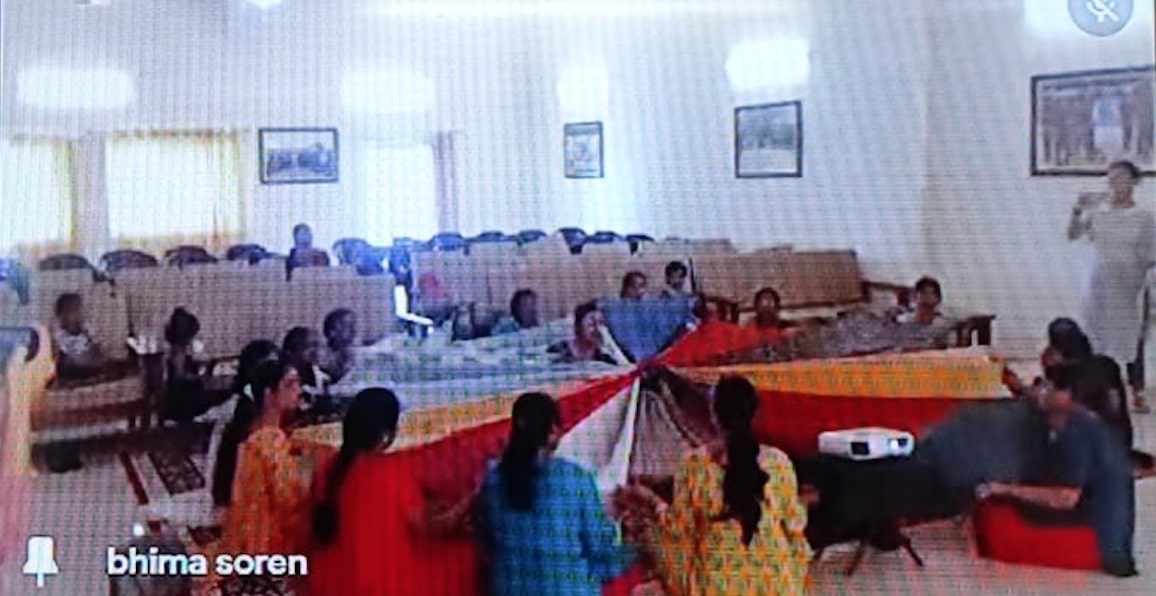
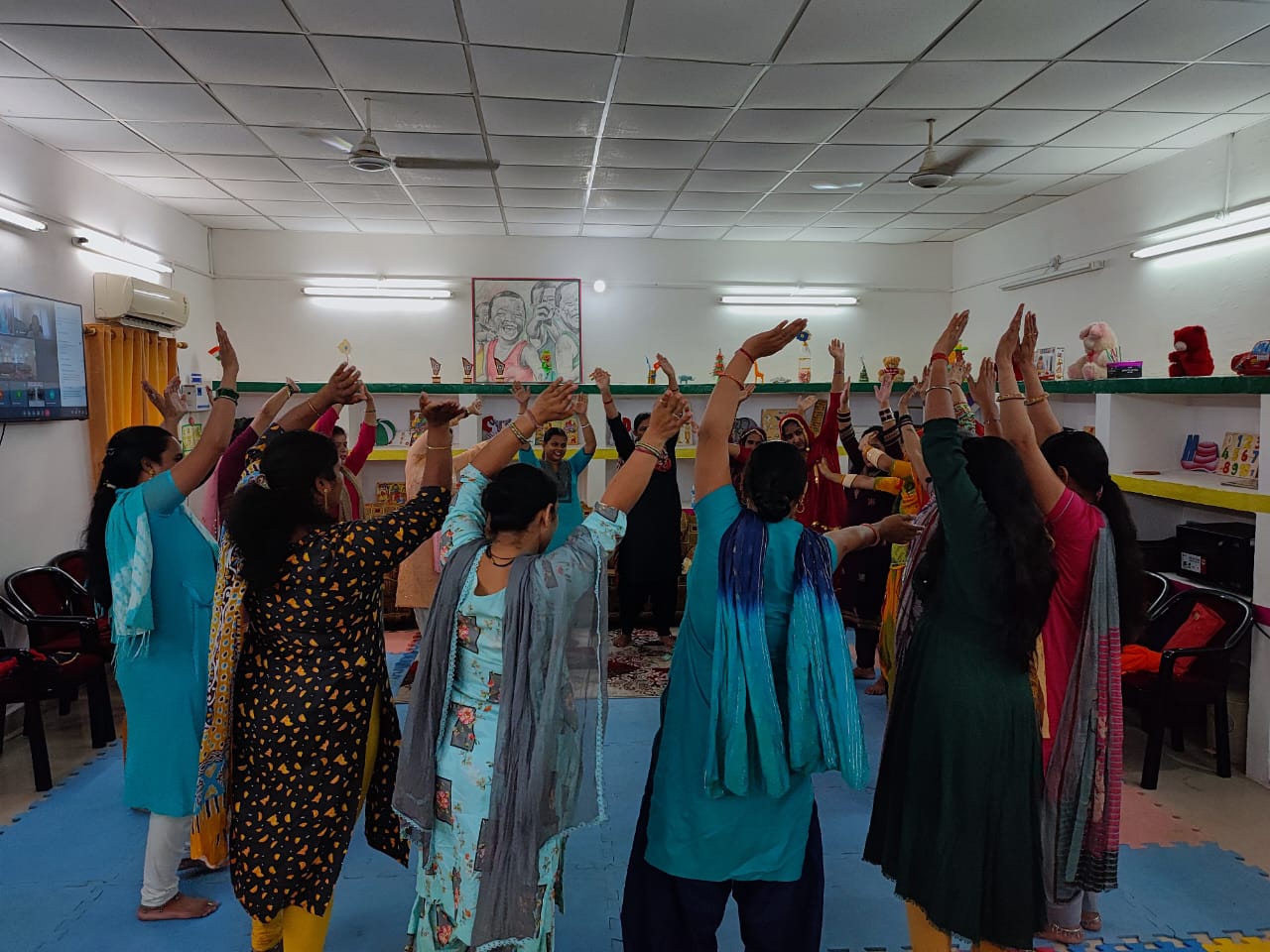
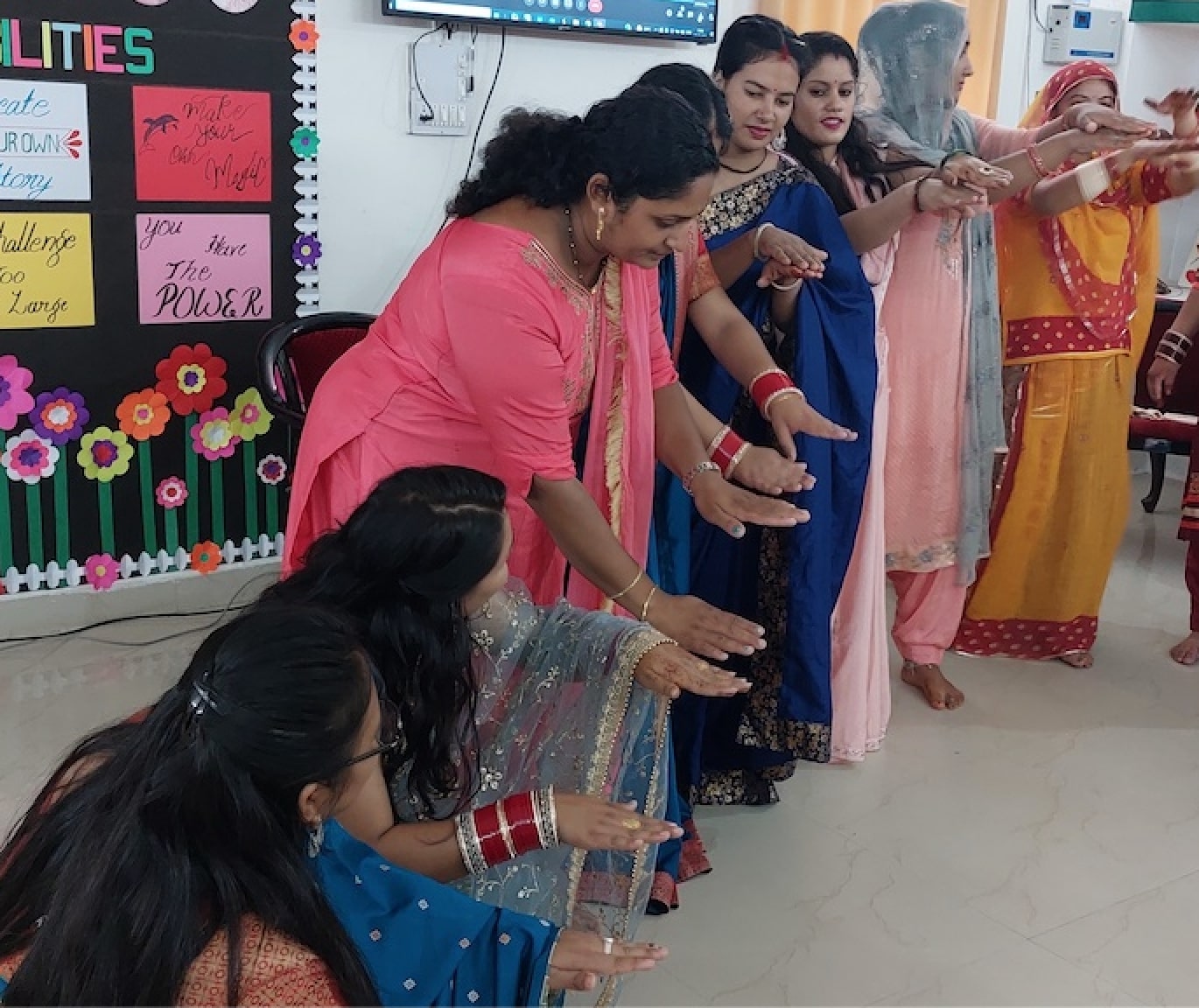
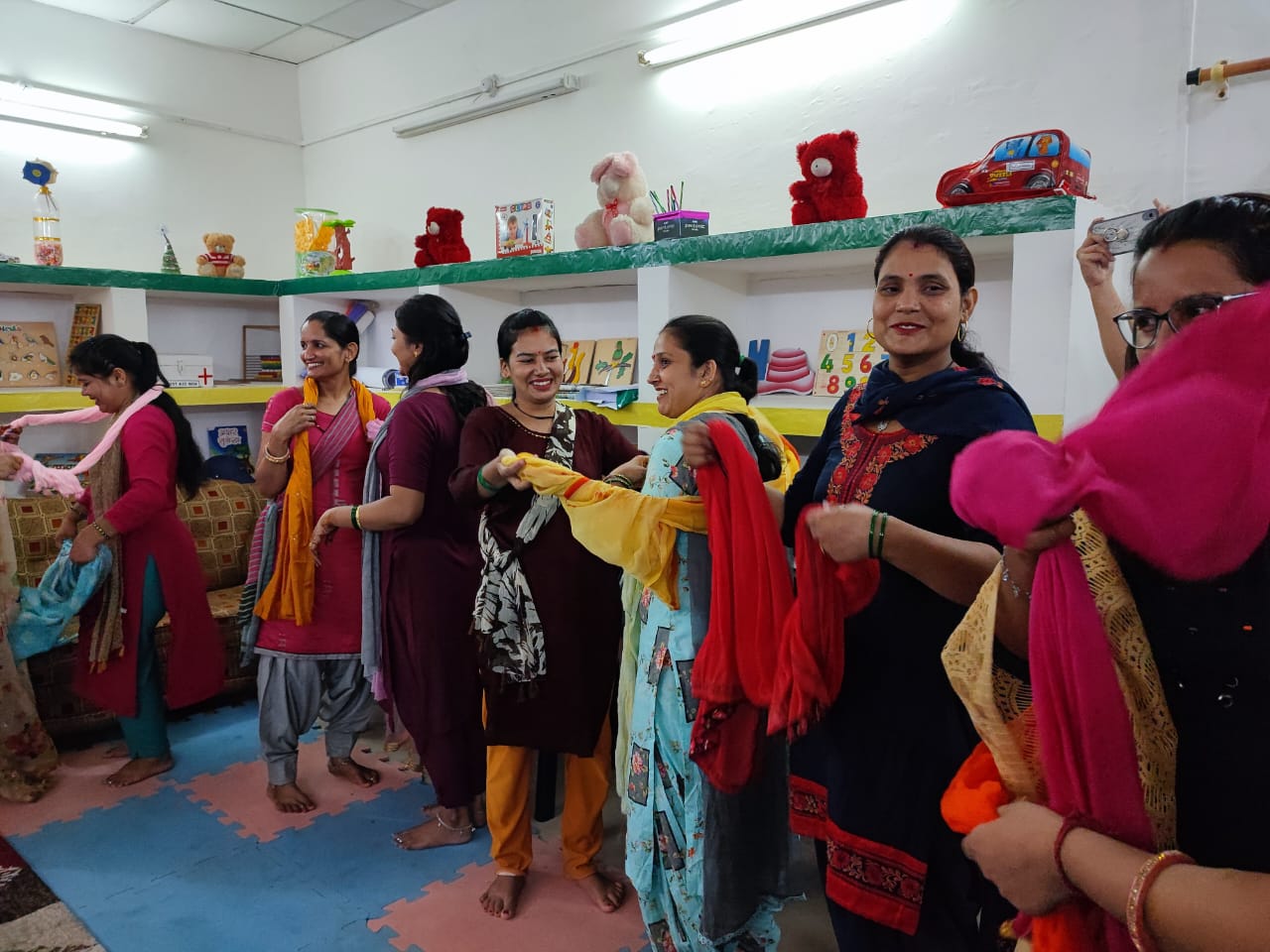
The Army wives play a crucial role in maintaining the social health of their community and aiding children with special needs particularly. As we’re aware, defence jobs require frequent relocation, something that doesn’t always help a child with learning disabilities. Here too, the fun elements of the Arts can help drive home therapeutic and learning goals of the children, helping with memory building, cognition, proficiency in communication, and so much more.
Harnessing Snehadhara’s experience and putting into effect our best practices in the field, can help create a chain of creative control that benefits the children and their mothers. For that, training the practitioners in the ways of the Arts and its impact beyond leisure activities, would give the children greater outlets for expression, make learning even more fun and foster a sense of togetherness that is far beyond patriotism: a sense of wonder at humanity.
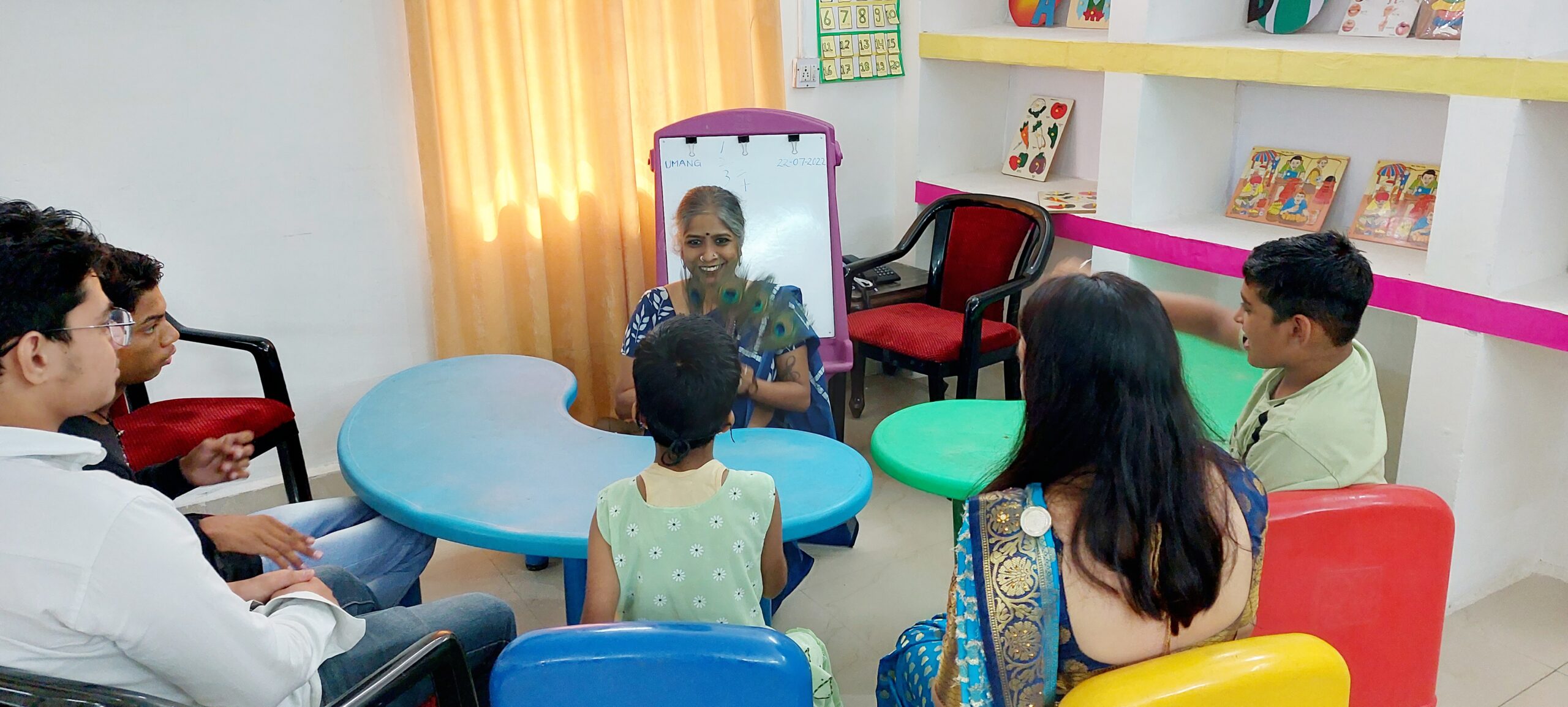
This is at the core of Snehadhara Foundation’s work. Recognising that being in control isn’t only a testimony to Army resilience, it is a pivotal element in the quest for creativity as well. In that sense, the dutiful Army and the playful Snehadhara are greater allies than we realise.
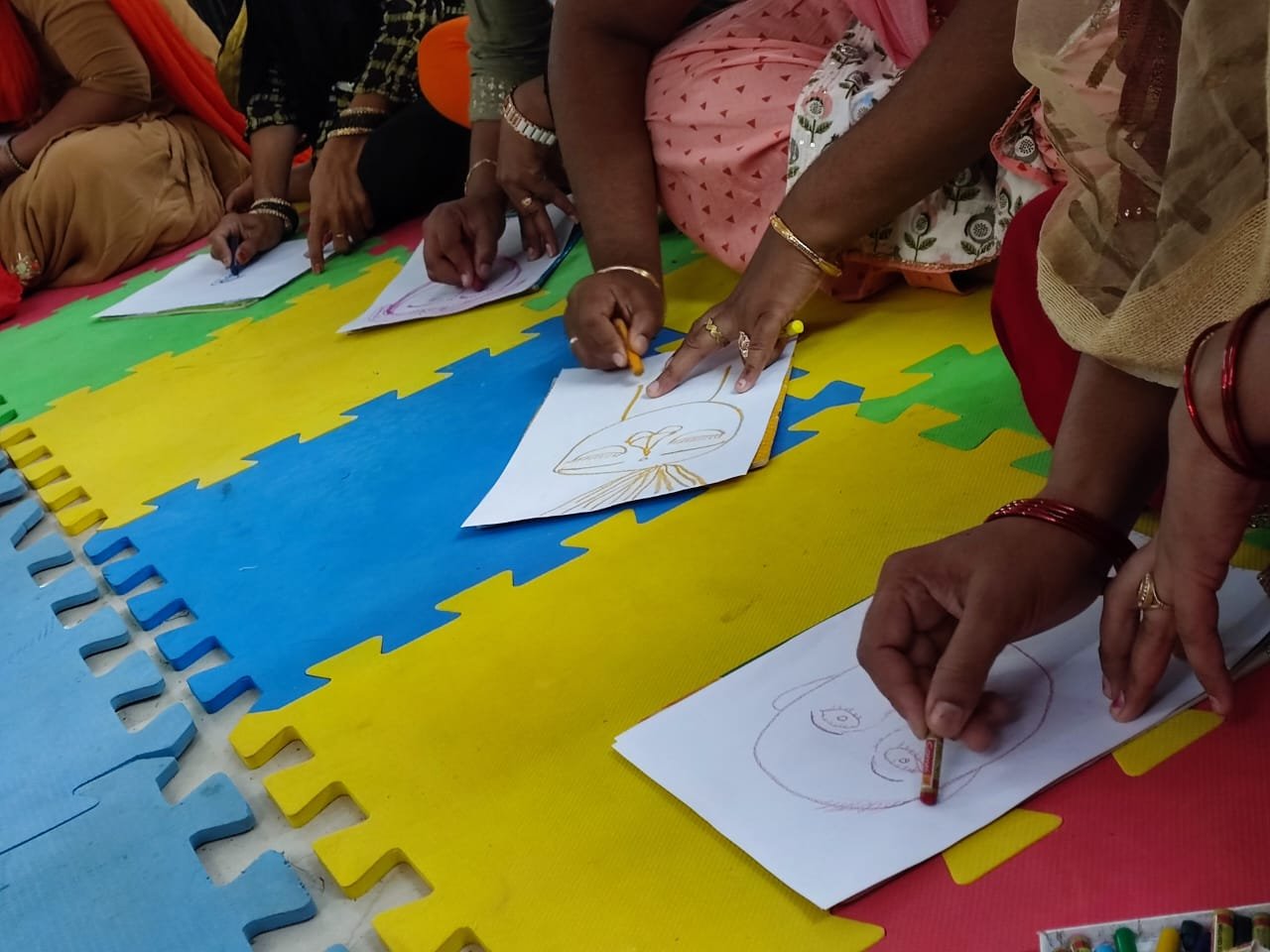
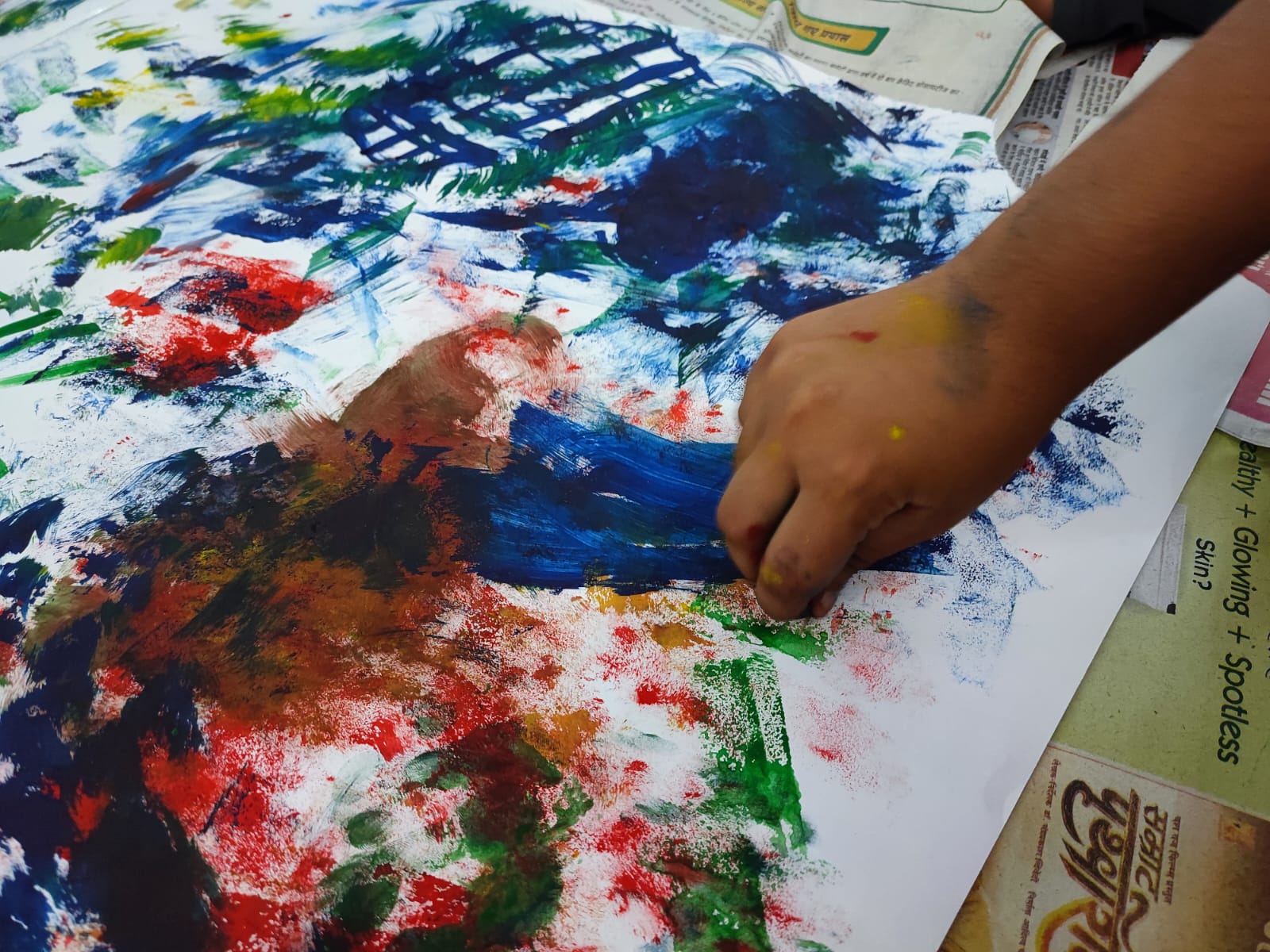
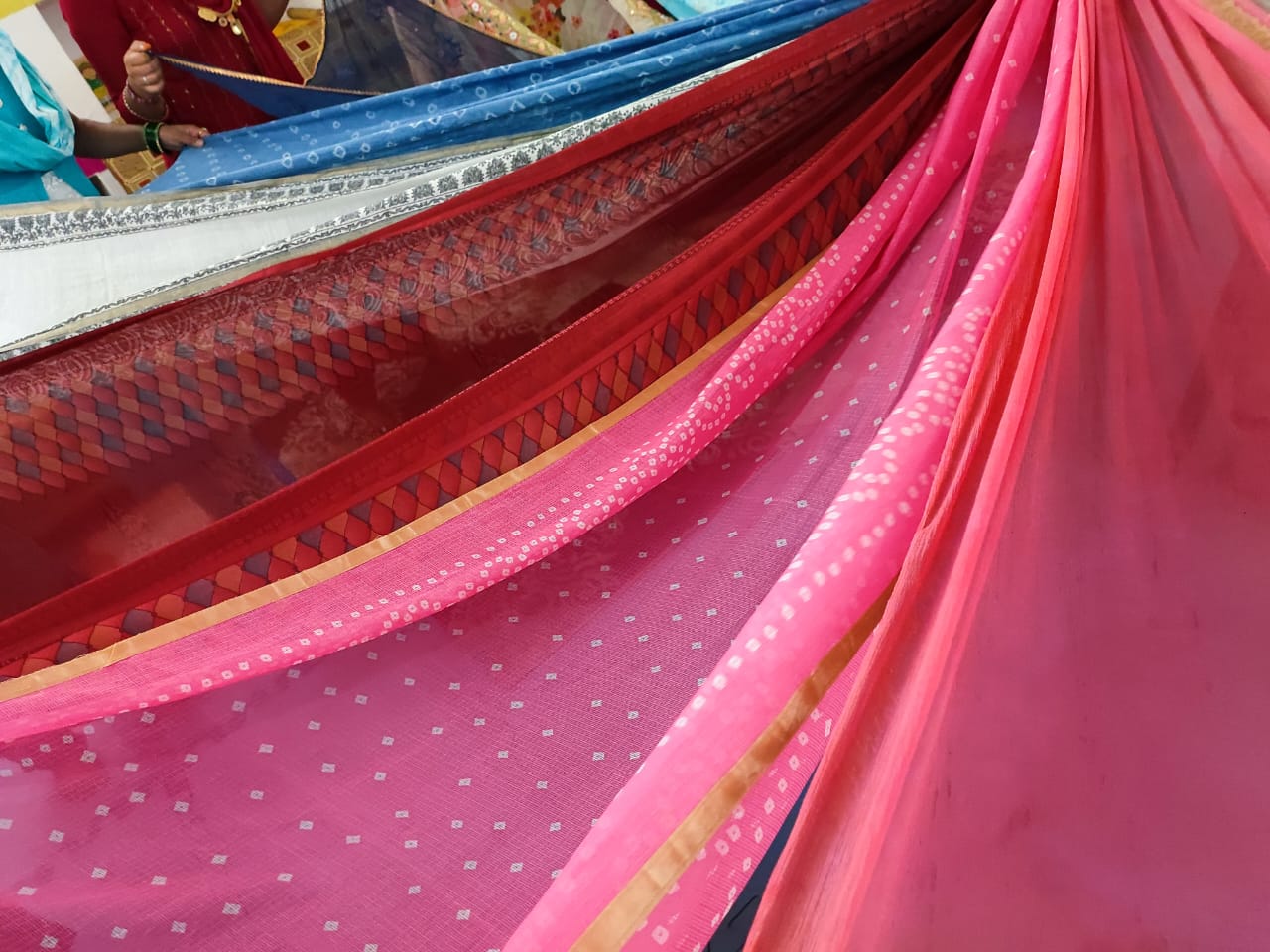
The above blog was written to cover the recent work done by Snehadhara Foundation at Alwar in a three-fold engagement: working with women’s groups in Alwar, Jaipur Udaipur, and Jaisalmer in an online-offline format, working with children with special needs at the Umang Special Care Centre in Alwar, and training the teachers at the Umang Special Care Centre to work with arts-based methodologies.

